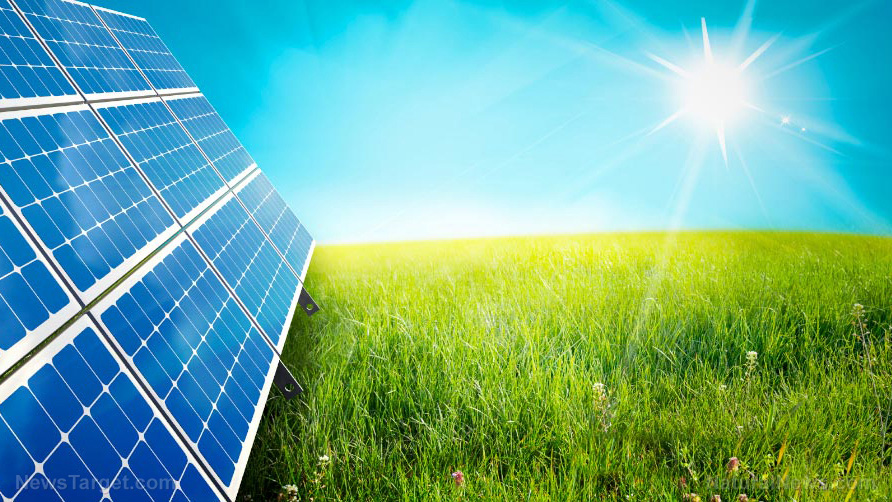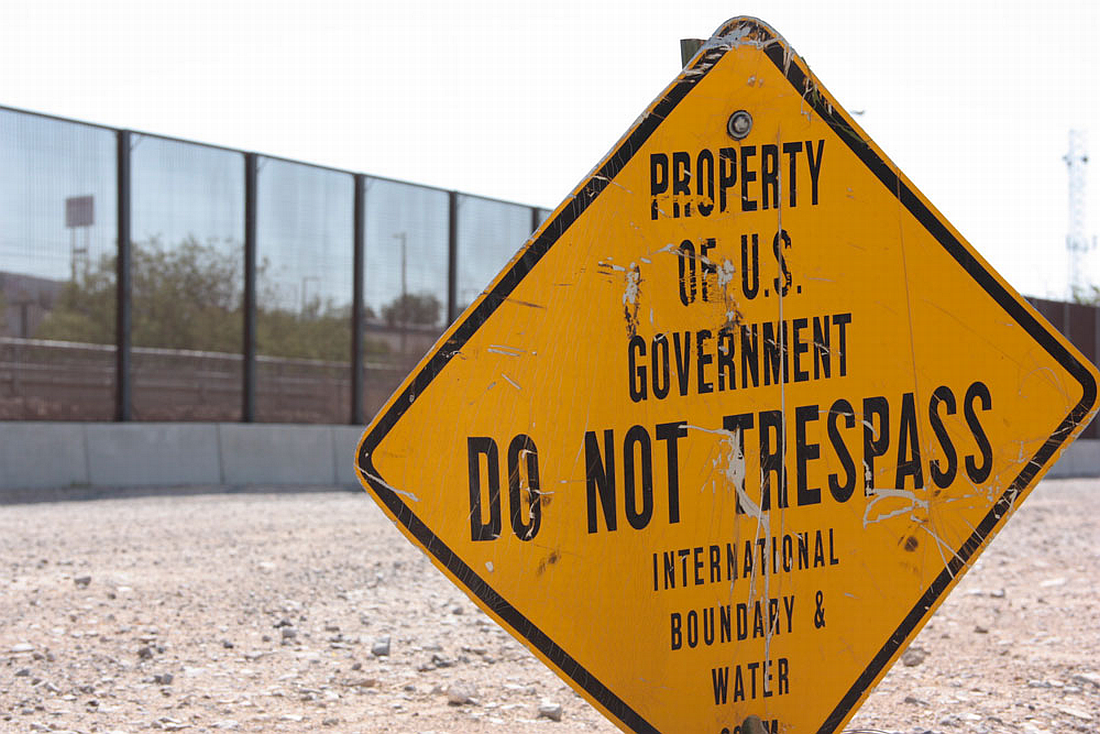
Little is reported about the gravity of the energy crisis that is plaguing the Western world as progressive governments make counterintuitive and destructive decisions in favor of "green energy" policies. These policies simply can't work long-term.
Governments know that it's nearly impossible to run the increasingly demanding electrical grid without the help of fossil fuels, and no number of solar panels or wind turbines can give off enough energy to power the modern world – the needed grid infrastructure and battery capacity simply do not exist yet.
The Germans, for instance, had been largely compliant and committed to a green economy – but they are now foraging wood from national forests to survive the winter. (Related: Germany to reopen coal-fired power plants as Russia throttles Europe's gas supplies.)
European establishments and cafes are also facing inevitable food shortages as inflation and energy costs are eating into luxuries and people's disposable income.
France's Emmanuel Macron also warned of a dire energy emergency with potential blackouts in what is predicted to be an unusually cold winter.
Meanwhile, in the United States, the Biden administration is famously against the installation of pipelines, but is concerned about Russia cutting off oil supply into Europe from the Nord Stream Pipeline.
With Russia's frequent "maintenance shutdowns," seemingly to create tolerance tests ahead of winter, most of Europe is already failing miserably about living oil-free. (Related: Gas supplies to Europe could be halted in a matter of DAYS.)
Energy consultants say that contingency plans take years or decades to put into effect, and Chinese-manufactured solar panels have components that are mined using massive quantities of fossil fuels – which won't solve the problem of cutting down oil use.
Despite the developed world's skyrocketing gas prices, some countries are paying far less than a dollar per gallon of gas: Venezuelans pay just $0.08 for a gallon, Libyans, $0.12 and Iranians $0.20.
Europe is touching the $8 per gallon ceiling, while Democrats think the $5 per gallon U.S. price can save Biden – even though this "dip" in price is still $2 higher than in 2020.
Skyrocketing gas prices in Europe a long-term crisis
Shell CEO Ben van Beurden warned that Europe may need to ration access to energy for several years as the crisis it is facing will likely last more than one winter.
The forecast from the company came after further cuts to Russian supplies sent European wholesale gas prices at record highs, threatening to plunge the economy into a deep recession.
Van Beurden also said the crisis would test solidarity between European Union member states as governments are forced to decide how to keep key industries going, and the region has to prepare for a future with no access to Russian gas.
"It may well be that we have a number of winters where we have to somehow find solutions through efficiency savings, through rationing and a very, very quick build-up of alternatives -- that this is going to be somehow easy, or over, I think is a fantasy that we should put aside," van Beurden said.
Europe's benchmark gas price soared by almost a third recently as traders and utilities rushed to secure supplies ahead of winter, with prices skyrocketing to more than 30 times the prices from 2020 and more than 10 times their current level in the United States.
Van Beurden isn't the only one who believes that the crisis will be long-term. Total CEO Patrick Pouyanné shared the same sentiment, saying: "My advice to the European governments and policymakers is you have to think without [Russian gas[, and if you think without it we will manage, [then] there is enough energy on this planet to do without it."
Visit PowerGrid.news for more updates about energy sources this summer.
Watch the video below about the food and energy shortages Europe will be facing for years to come.
This video is from the Puretrauma357 channel on Brighteon.com.
More related stories:
Gas flows from Russia to Germany halted INDEFINITELY following Gazprom force majeure declaration.
DOOMSDAY for Western Europe? Gazprom declares it can no longer guarantee gas deliveries to Germany.
Sources include:
Please contact us for more information.
















